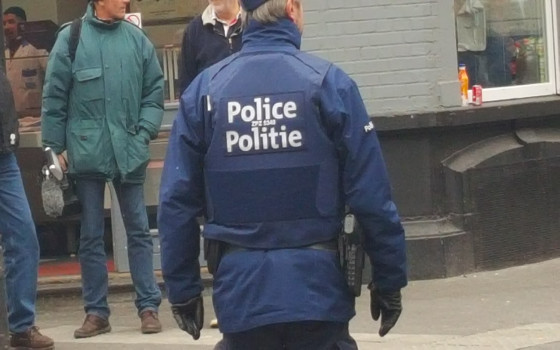
It was a hotbed of extremism and terrorism.. Molenbeek, Belgium, is a candidate to be the European Capital of Culture 2030

- Europe and Arabs
- Monday , 15 May 2023 10:12 AM GMT
Brussels: Europe and the Arabs
The municipality of Molenbeek in Brussels, the capital of Belgium, was a few years ago topping the news in global and regional news bulletins, and some media outlets described it as a hotbed of extremism and terrorism, and from it came out a number of those involved in terrorist bombings that claimed the lives of hundreds of people, including the Paris bombings in November 2015 and the Brussels airport bombings in March 2016 and a number of people lived there for a while before they went to other places to participate in the activities of terrorist groups in Syria, Iraq, Afghanistan and others.
Today, the municipality is witnessing very positive activity. Artistic director Jan Goossens and political scientist Fatima Zebouh are preparing to prepare a file on the candidacy of Brussels as the European Capital of Culture in 2030. Molenbeek will officially present this project. The duo said on the Brussels 2030 website that the region's multiculturalism and youth make it an ideal candidate for the title of European Capital of Culture.
Goossens and Zibouh have been appointed by the Brussels government to prepare the Brussels 2030 bid - Brussels' candidacy for the European Capital of Culture. Local media said, "They are building the project around Molenbeek, a municipality of the capital Brussels that has gained a troubled reputation as a base for the Islamist terrorist cell that carried out attacks in Brussels and Paris." "However, the region has developed into a new center that goes beyond the traditional city centre. Starting in this stigmatized municipality with many assets, we will build a project that will unite our lands and propose a cultural dream for the whole of Europe," Goossens explains.
Young and diverse population
The project leaders also point to the high percentage of young people living in the capital, with a third of Brussels residents under the age of 25. Through the platform Speak Up! Youth input will be used to create a shared vision of Brussels as the cultural capital of Europe.
"[Molenbeek] is a very small and densely populated area with social and economic challenges (...) and it shows strong multiculturalism because of its history of immigration," Zibuh adds. "It can become a laboratory where, if social cohesion works, it can work elsewhere."
Brussels' many nationalities will be another cornerstone of the project. Almost 300,000 Brussels residents come from other European countries. "They are a real strength for us," Goossens says. “They are people with whom we share very few common cultural and civic spaces. It is essential to develop this project with and for them.”
Brussels citizens will be able to make their contributions during the second edition of the Summer Assembly, which will take place from Wednesday 28th June to Sunday 2nd July in the Halles de Schaerbeek.



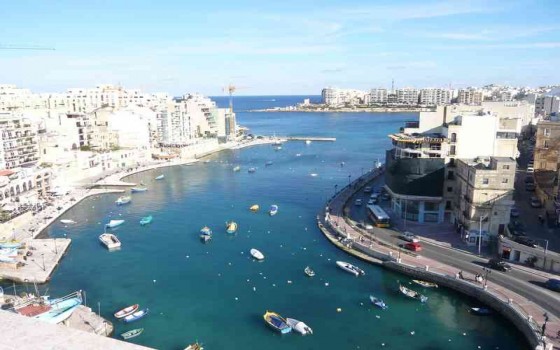



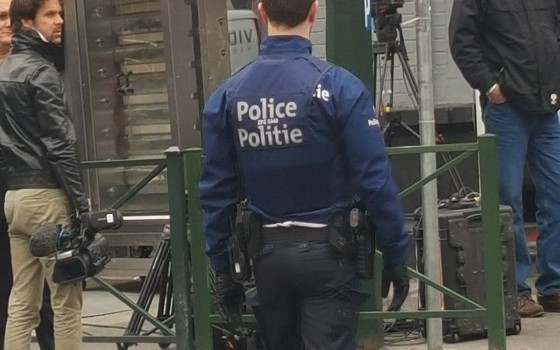
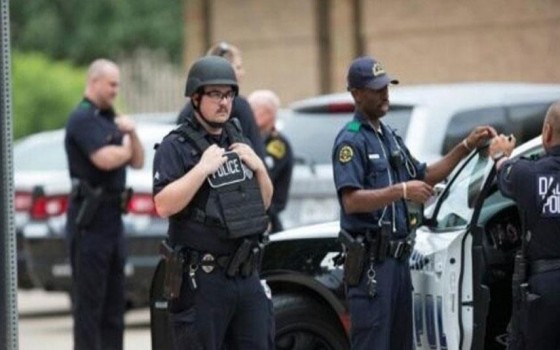
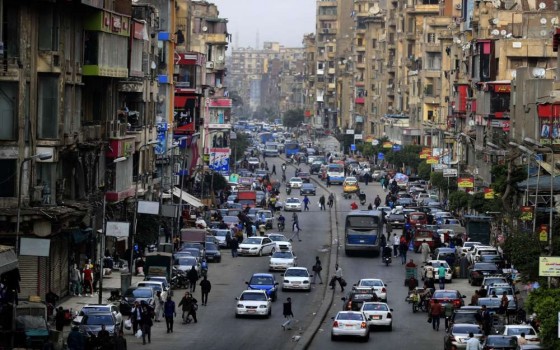
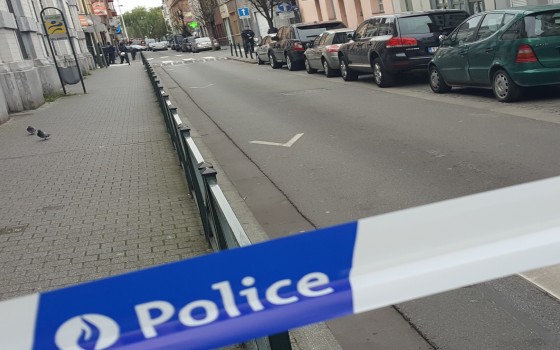

No Comments Found